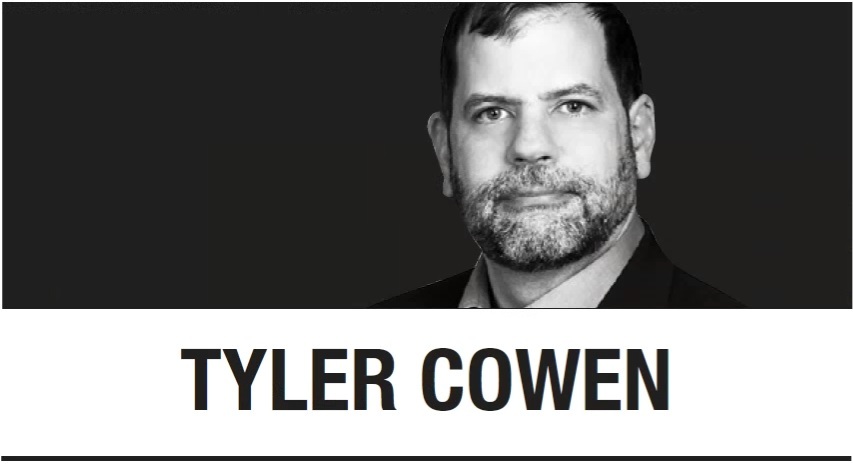
One problem with the minimum wage hike is that it is not clear how many people are harmed and how many low-skilled workers will lose their jobs, especially in poorer, lower-wage states such as Mississippi, where $15 is the median hourly wage. Advocates point to papers suggesting that minimum wage hikes do not boost unemployment, yet a recent survey suggests that the preponderance of the research shows job losses.
Or consider Treasury Secretary Janet Yellen. She supports the proposed hike, as she noted in her confirmation hearing last week, yet in 2014 she endorsed the view that a minimum wage hike would lead to significant job loss. Maybe now she knows better, but if the 2014 Janet Yellen could have been so fooled, then perhaps this debate is not so settled.
Why then push so hard for a policy with such murky outcomes? It would raise the wages of many workers, destroy the jobs of some low-skilled workers, and perhaps lower the hours and thus pay of many other workers.
The burden of the minimum wage is unclear as well. Perhaps it leads to higher retail prices, although many proponents suggest it comes largely out of business profits. This too is unclear, and again raises questions about the wisdom of pushing so hard for such a non-transparent set of reallocations and transfers.
In contrast, consider the plan for cash grants to families with children. Under one proposed plan, these grants would be between $3,000 and $3,600 a year, depending on the age of the child.
The benefits here are obvious and transparent, namely that families are better off when they have more money. Perhaps some families would use that money in self-destructive ways, but this basic view -- that more money increases the chance for better outcomes -- is not really contested.
There is a second obvious and non-contestable benefit: namely, that these cash transfers will make it easier to raise children and thus, over some longer run, lead to more children. (If you are not convinced that is a real gain, I would refer you to Matt Yglesias’ most recent book.) I, for one, am very glad my parents decided to bring me into the world, and it is harder to think of a more transparent gain than that.
It is perfectly valid to ask how much the federal government should spend on family cash transfers, given the current government debt. But whatever your opinion, the comparison is straightforward and the upfront cost of the policy is easy to measure. The beneficiaries are the families and the children, and the losers are those who will pay additional future taxes at the margin. There are only few other factors to complicate that basic comparison.
Many people, including in President Joe Biden’s administration, seem to believe that instituting both of these policies is not only possible but also desirable. That doesn’t mean both should be adopted. If one of these policies is better than the other, and both of them cost something, it would be better to discard the lesser idea and invest everything in the better policy.
In this case, that would mean abandoning the minimum wage hike and doing more with the cash transfer to families. It is unlikely that the value of the cash transfers diminishes much at the margin, because for so many families a child remains a financial burden even after some extra cash in hand.
Advocates for these policies can often lapse into a kind of left-wing Lafferism (spending on social programs is self-financing), which is about as compelling as right-wing Lafferism (tax cuts are self-financing). Neither version can survive an encounter with a reality in which free lunches are in short supply.
The Biden administration surely recognizes that all of its major policy proposals involve trade-offs. The costs of any specific program must be weighed against potential benefits elsewhere. Cash transfers to families for their children are a better and more transparent set of benefits than an increase in the minimum wage. As Democrats debate the merits of these two options, they should also keep in mind that what’s at stake is the economic identity of their party.
Tyler Cowen
Tyler Cowen is a Bloomberg Opinion columnist. -- Ed.
(Bloomberg)



















![[Today’s K-pop] BTS pop-up event to come to Seoul](http://res.heraldm.com/phpwas/restmb_idxmake.php?idx=642&simg=/content/image/2024/04/17/20240417050734_0.jpg&u=)